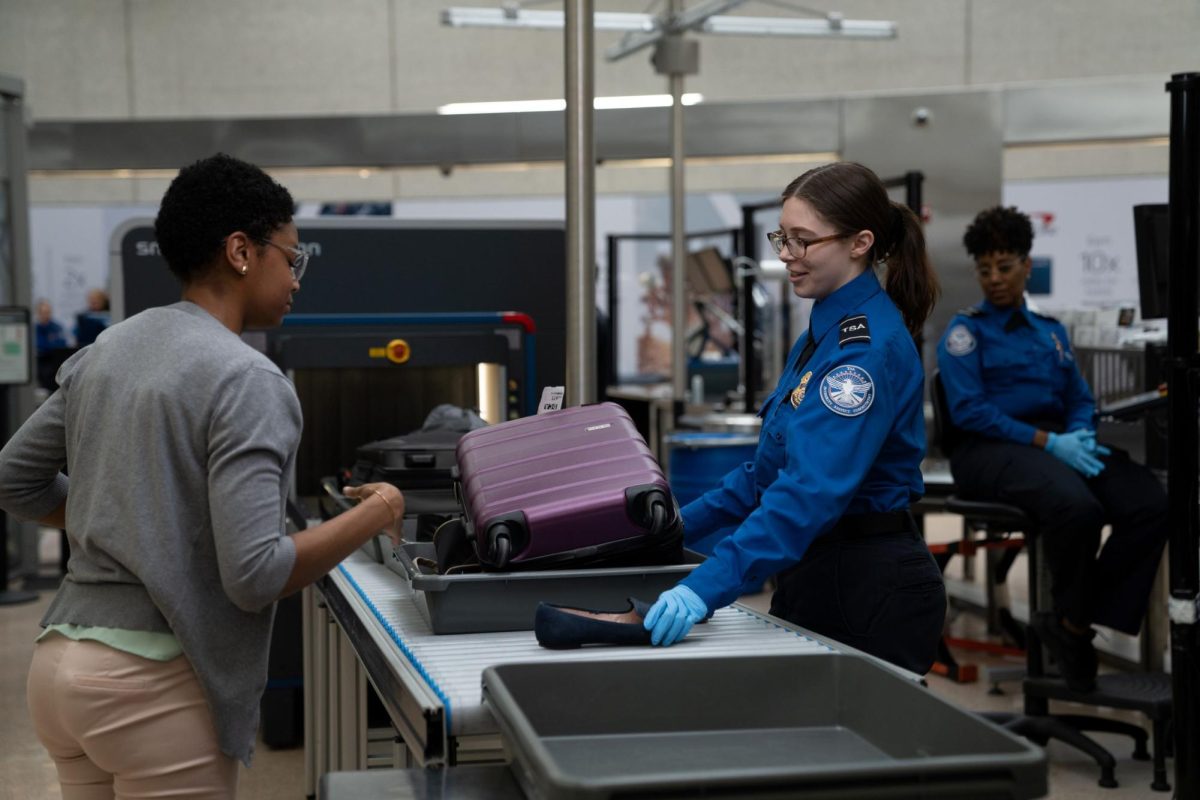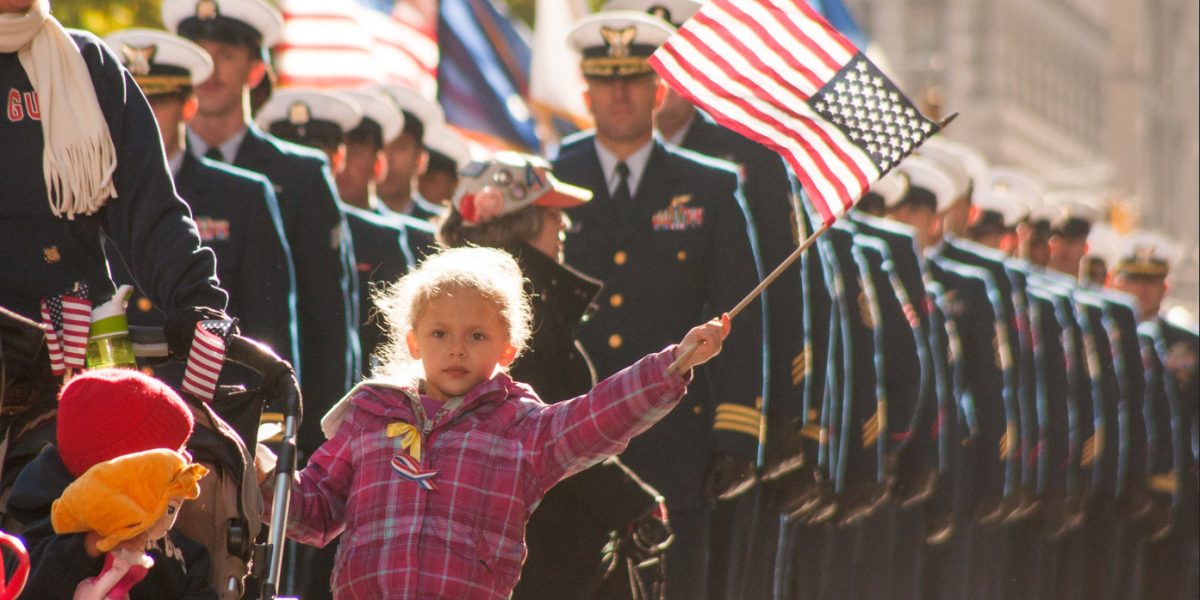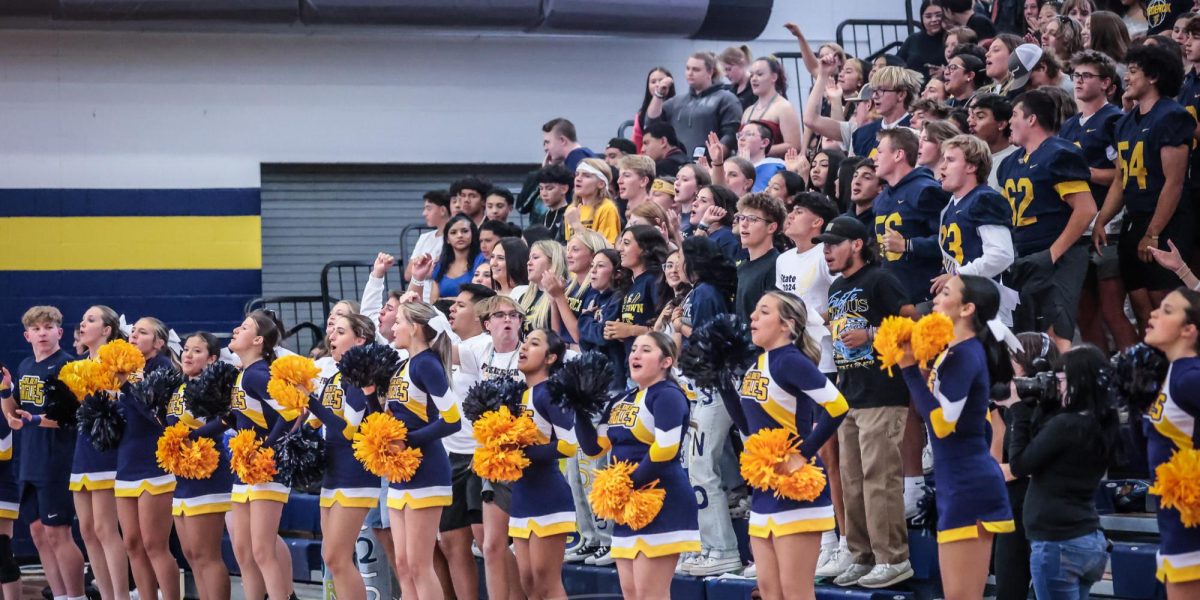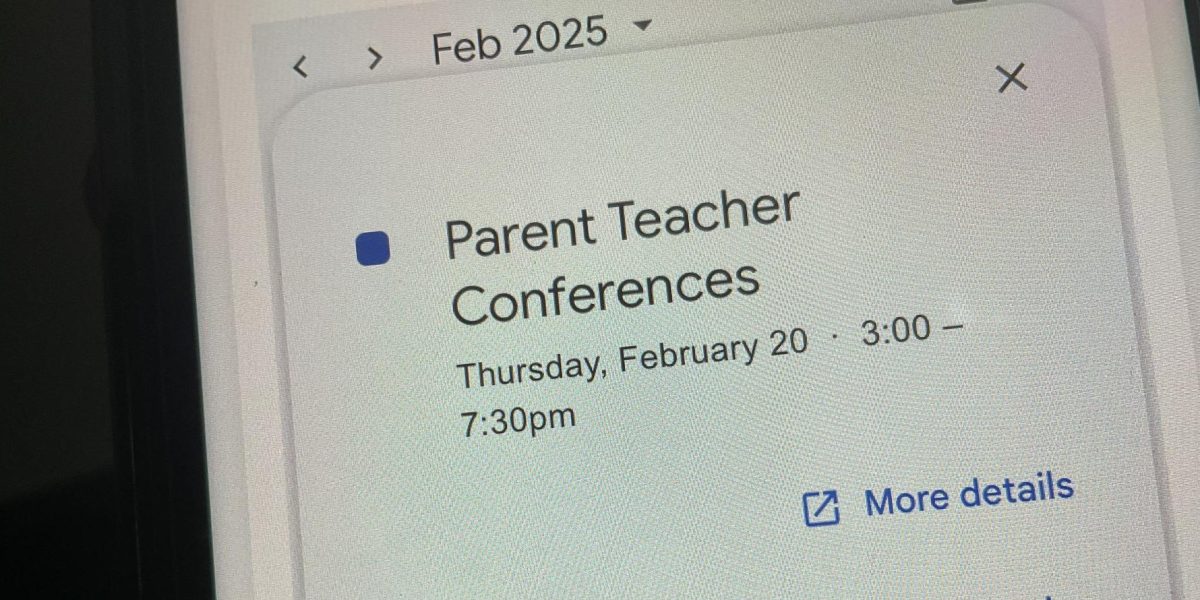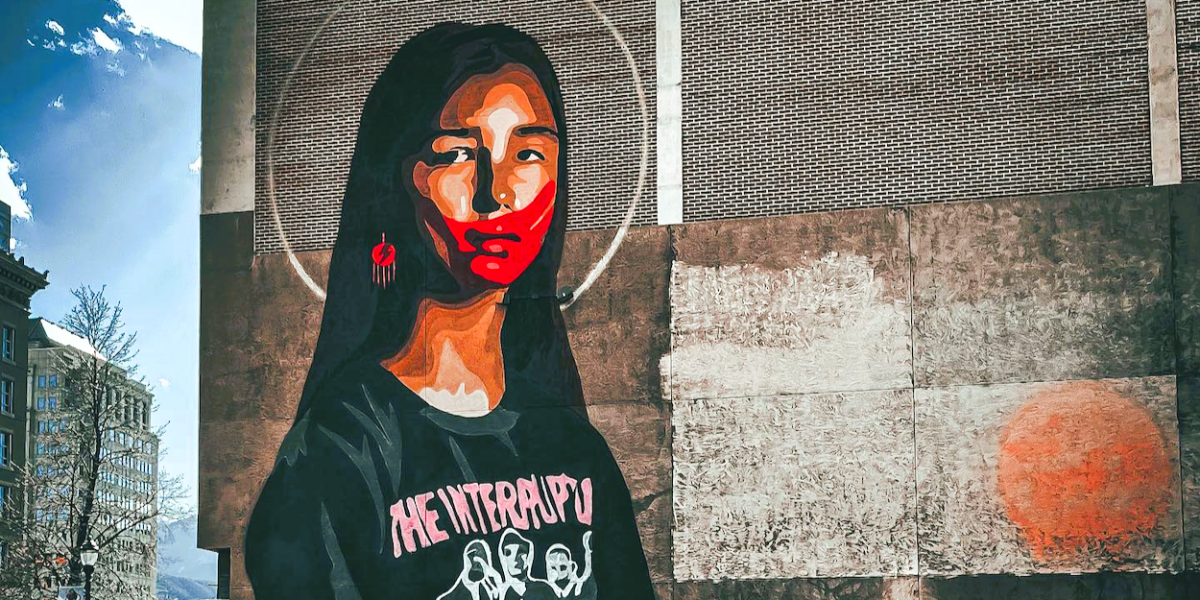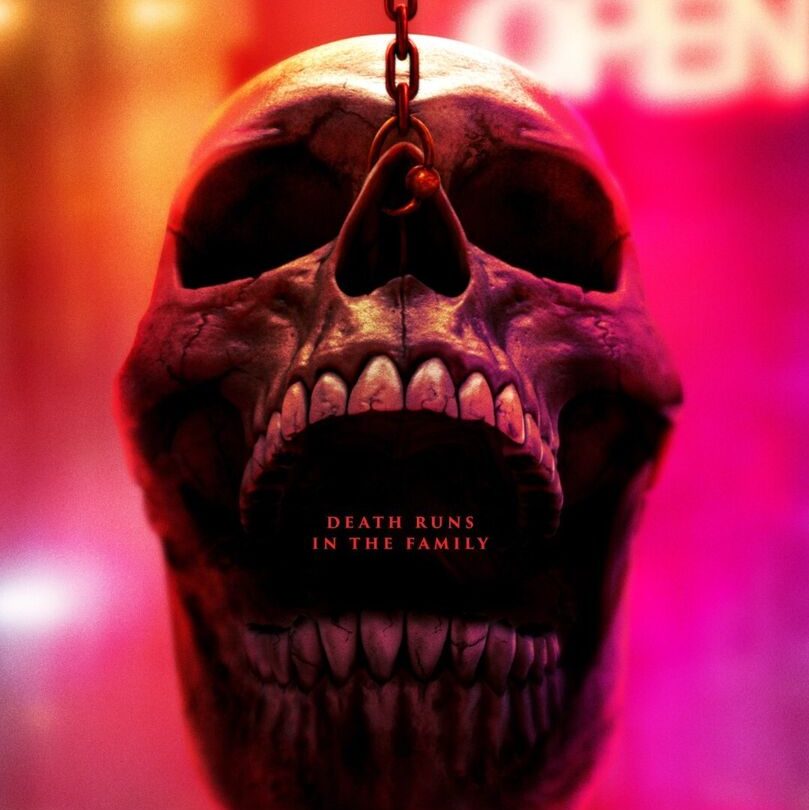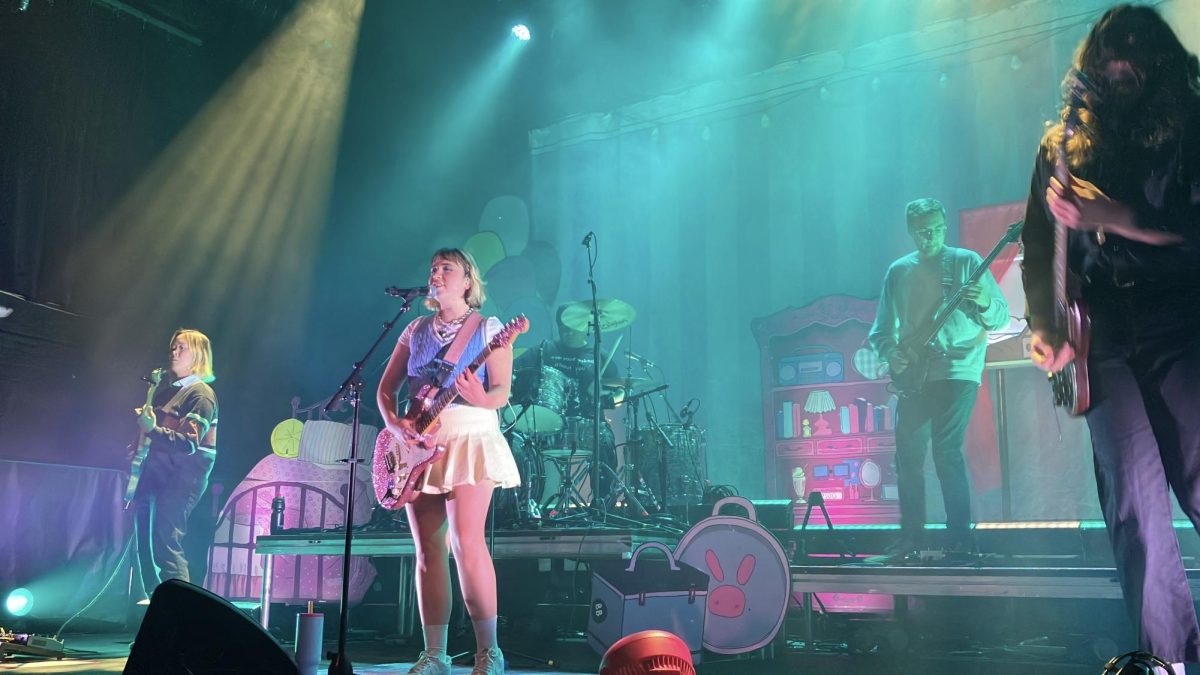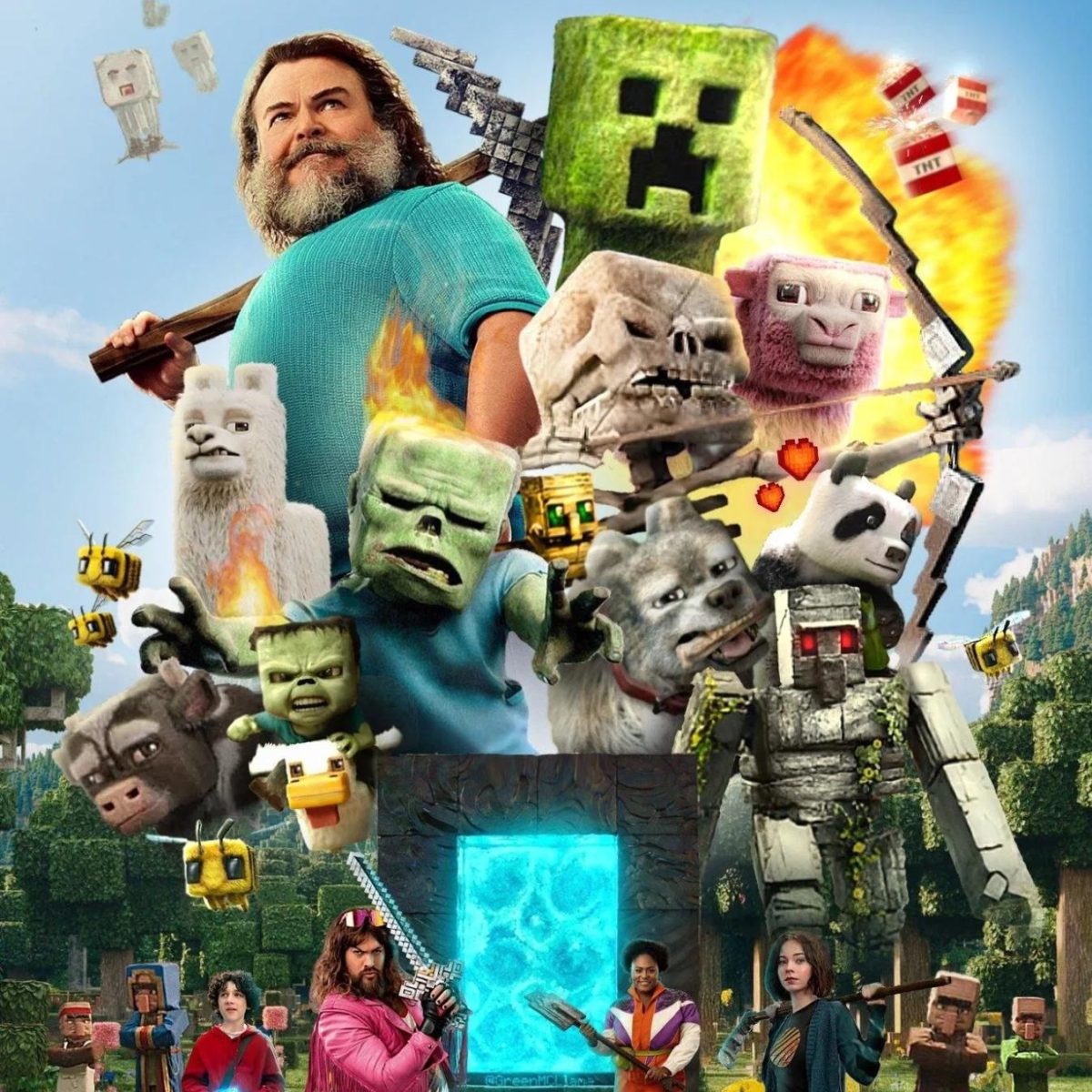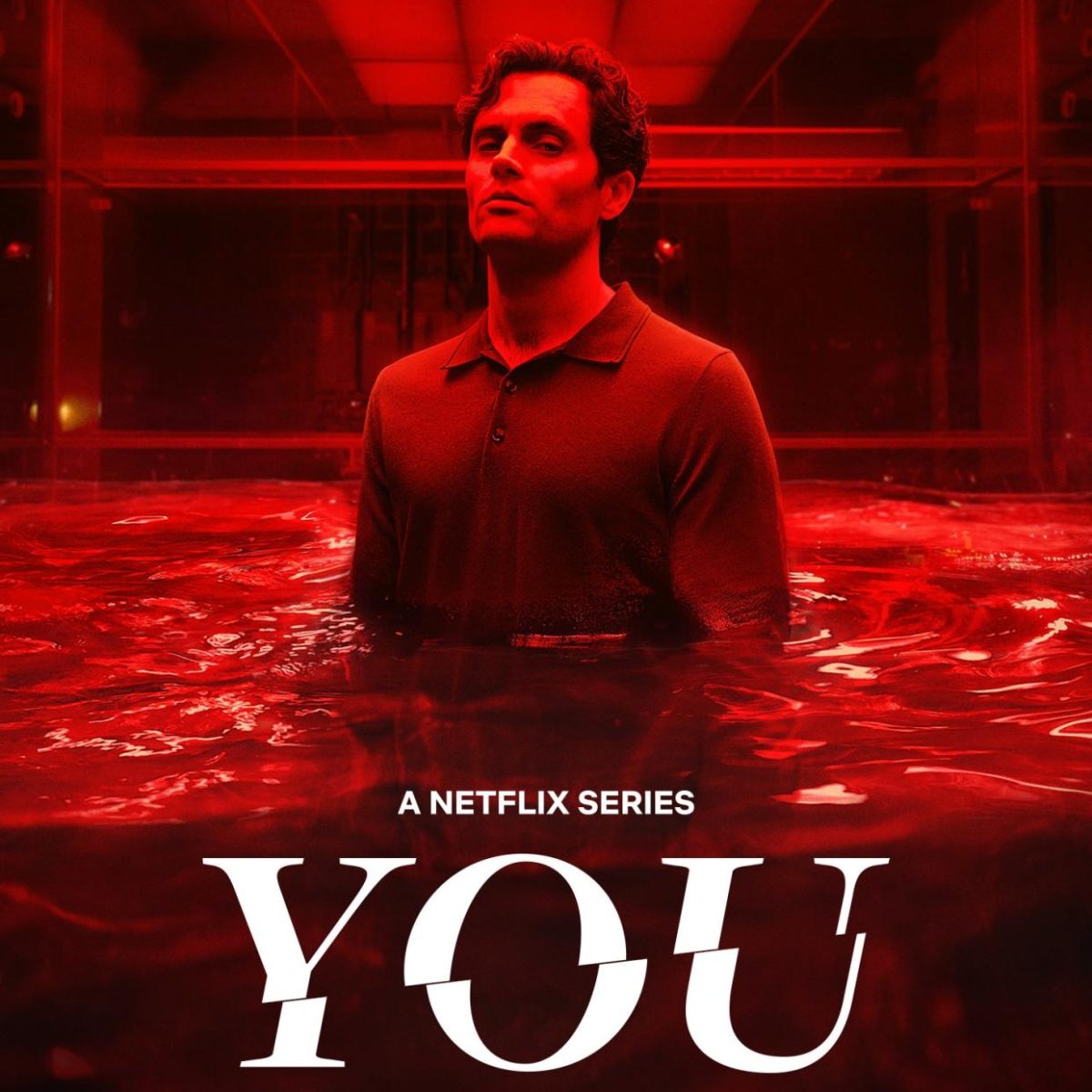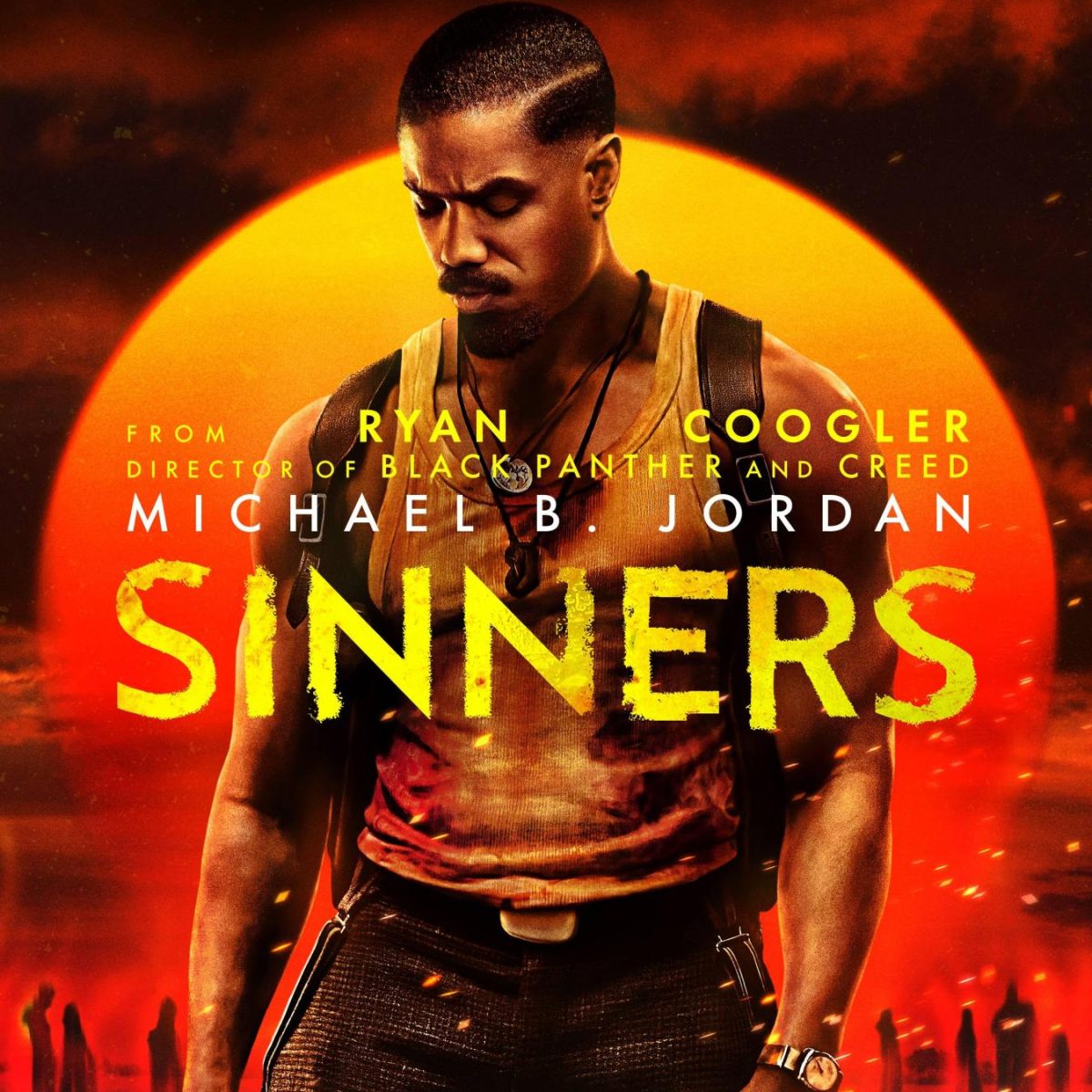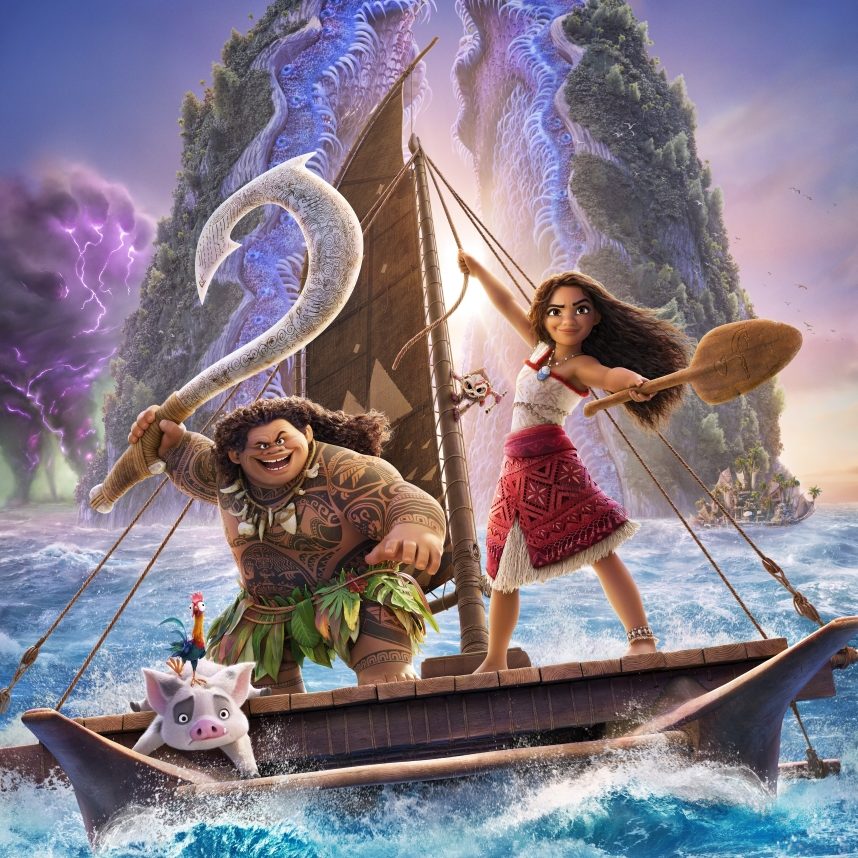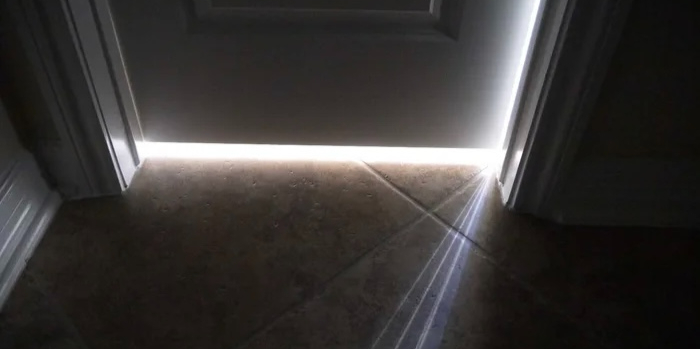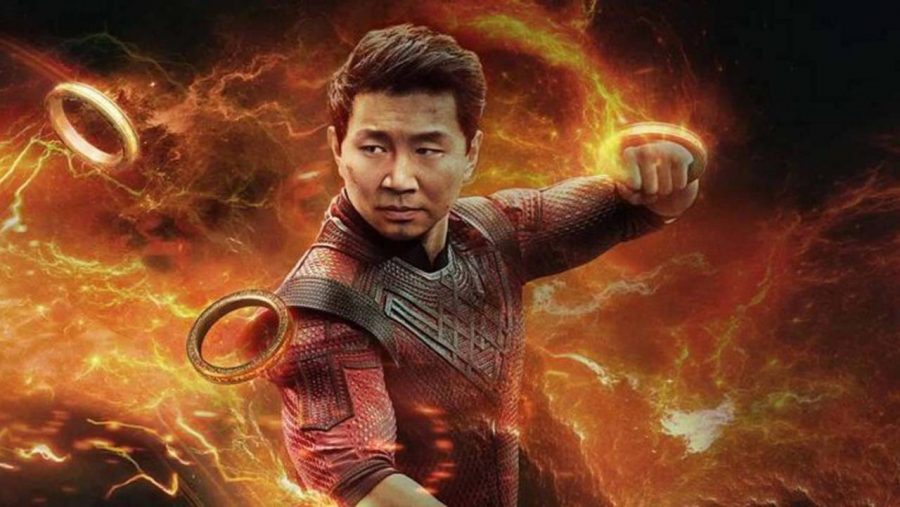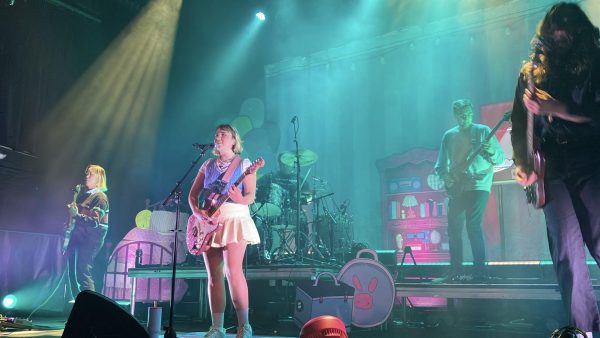Was Shang-Chi Really That Good?
Shang-Chi, played by Simu Liu, controls the power of the 10 rings flloating around him. Although the rings were a unique power in the film, they took away from what could’ve been another dazzling martial arts fight in the climactic final duel.
September 10, 2021
With a 92% score on Rotten Tomatoes and Labor Day box office record, Marvel’s newest phase-four film Shang Chi and the Legend of the 10 Rings appears to strike cinematic gold. With a fresh and innovative take on the Marvel formula, this movie features an Asian lead for the first time in MCU history. The cast is outstanding and the Direction for this movie is convincing. Destin Daniel Cretton–most notable for directing Just Mercy–takes over for this film. The dazzling martial arts scenes were choreographed by Andy Cheng, a longtime stunt artist who worked with icon Jackie Chan. Yet the movie is hindered by exposition, massive pacing issues, and a cliche climax that left some fans wondering: is Shang-Chi the masterpiece that critics claim it to be?
The premise of the movie follows the protagonist Shang-Chi (Simu Liu), who was a boy living in China and learning martial arts under his father, Xu Wenwu(Tony Leung Chiu-wai). Wenwu, a power-seeking warlord, is granted immortality and godly powers by ten ancient rings. At the age of 14, Shang-Chi was forced to flee his country after being ordered by his father to go on an assassination mission. Shang-Chi escapes to San Fransisco, where he starts a new life and goes by his American name–Shaun. In the present day, Shaun is a valet with his best friend Katy(played by Awkwafina), and he lives a regular life. Yet, unexpected incidents and occurrences lead Shaun and Katy back into the hands of his father in China. There, they discover unknown mysteries and hidden passages into a new realm, throwing the balance of the world into chaos before the film ends in a climactic conclusion.
Shang-Chi distinguishes itself sufficiently from the rest of the MCU, which is both good and bad. For one, the martial arts style of fighting is captivating and impressive. The action sequences–apart from the ending of the movie–are all top-notch and satisfactorily choreographed. It’s the strongest part of this film. The cinematography complements the fighting with gorgeous, slow-motion sweeping shots. The beautiful score then ties the sequences together.
However, Shang-Chi feels more like a grand epic, not a super-hero movie that fits the MCU mold. The fairytale-like land in the second half of the movie fails to make a grounded connection with the audience, leading to less emotional resonance and lower stakes. Those aren’t the only problems with the final act of the movie. The pacing is disastrous, slowing down to a crawl with drawn-out exposition, monologues, and backstory that feels redundant. The last fight is especially disappointing. Even with the multitude of remarkable martial art fight scenes in the movie, the ultimate duel–involving one of the greatest Kung Fu fighters in Hong Kong cinema history–is lessened to a VFX-heavy fight in front of a saturated, computer-generated backdrop.
Shang-Chi is, by no means, a bad film. With funny dialogue, great casting, and thrilling fight scenes, it’s peak Marvel entertainment. But does it deserve the high praise and scores? No. Even with Marvel finally breaking the Asian lead character barrier, that shouldn’t excuse the film’s shortcomings. Shang-Chi is a major box office success, but a mid-tier Marvel movie that falls short of a superhero classic.



